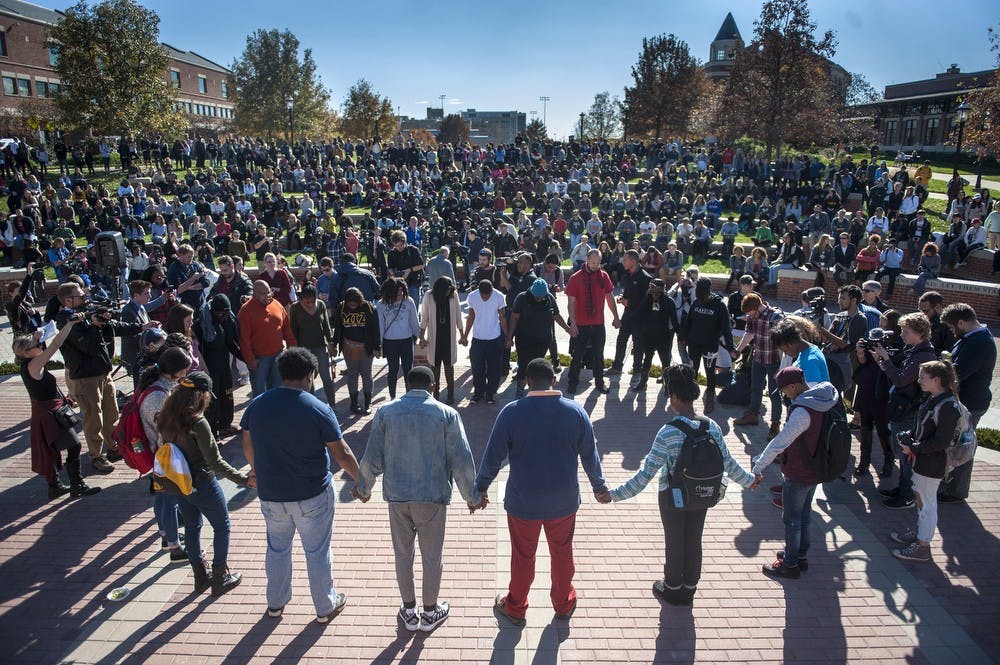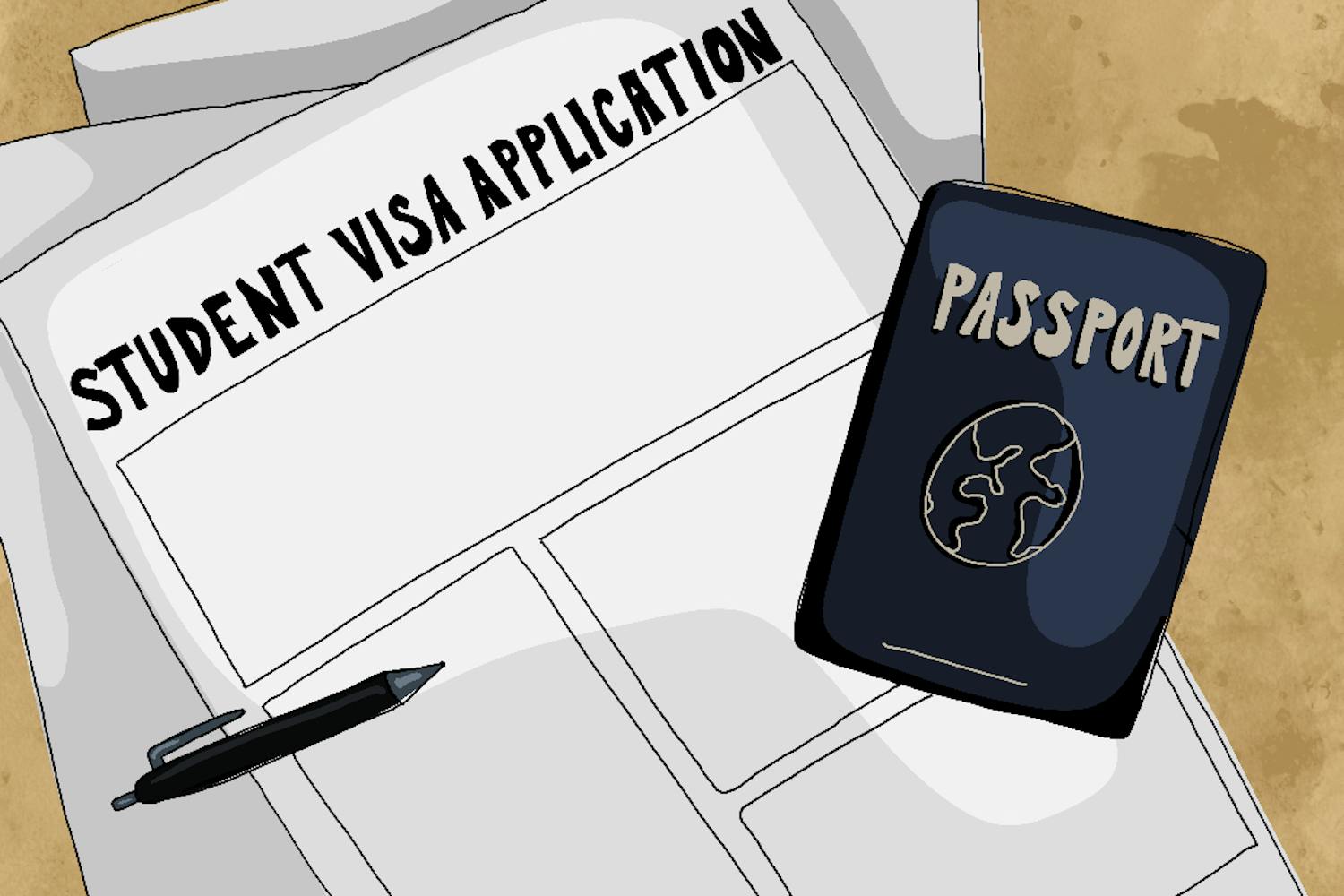Paris. Missouri. Yale. These locales and the events associated with them have echoed across TV, newspapers and discussions since their occurrence. While distinct events, all of these happenings share a multiplicity of themes.
One theme that I have heard a repeated plea for is tolerance. Tolerance for Muslims whose religion in no way advocates for the atrocious crimes committed against the people of Paris. Tolerance for students on the University of Missouri campus who had to endure racial slurs and swastikas adorning bathroom walls. Tolerance for individuals reportedly turned away from a Yale party on account of their race.
Read More: ASU alumna recounts Parisian terror, aftermath
Mentioning these events and their aftermath together is not an attempt to equate or even contrast all of the situations; rather, they are examples of our modern society requesting tolerance.
My contention is that the current state of liberal multiculturalism is one that is fixated on harassment and tolerance. Slovenian philosopher Slavoj Žižek defines tolerance in which a key facet is a form of intolerance towards over-proximity between conflicting ideologies.
The liberal idea of tolerance is more and more a kind of intolerance.
— Slavoj Žižek (@Slavojiek) November 20, 2013
In examining tolerance in this way, a conclusion can be drawn. That is, whenever somebody requests tolerance, they are requesting that their intolerance towards another’s proximity is respected. In the cases of Paris and Missouri, these appeals are certainly justified. However, outside of the question of justification is the question of suitability. Is tolerance in fact what should be demanded?
I would argue that tolerance is not an adequate measure for our society to declare itself as being immune from racism, sexism or any other host of issues. Yes, tolerance does designate a real problem, but it fails to fully elucidate the pervasiveness of complex issues, such as race relations and sexism. In light of this, advocating for tolerance is partially problematic in advancing the multicultural agenda.
To be clear, I am not saying that tolerance itself has a net negative result. Rather, the indifference that results under the guise of tolerance allows for issues disseminated across institutions and society to perpetuate those issues rather than confront them head on.
The opportunity cost here can be seen twofold. Absolving transgressions on human liberties with the justification of tolerance obscures the original problem. Furthermore, the stifling of the deeper issues has resulted in a storm of victim-blaming attacks and battles over free speech.
It would be laughable to us to characterize the civil rights movement as one that sought tolerance. The movement was much more deeply characterized by the idea that there were pervasive attitudes across institutions of power that lead to economic exploitation and failure to procure legal rights.
Until society reaches the point where the underlying foundation is free from issues of prejudice, the call for tolerance may as well be shouted at deaf ears.
For the side that advocates for tolerance above all else, there is a different understanding about the political sphere. There is an underlying assumption that our issues are not political, but cultural issues. With prejudice being apolitical, the problems associated with it are increasingly difficult to correct in politics.
Their normalization in this manner presents differences between groups as something that we must accept and thus cannot overcome. This camp has deep justifications across both the political and the social spectrum that simply contrasts viewpoints that people across the world hold.
To take the disagreement further towards its origin, my viewpoint emphasizes learned societal beliefs, while the counterargument stresses an intrinsic difference in cultural understanding that cannot be overcome. My pessimistic viewpoint on tolerance stems from the optimistic idea that through dissemination of information we can eventually come to a greater understanding.
The optimism held by those who declare tolerance the ultimate solution requires the belief that there may never be a panacea to our issues.
Related Links:
Religious freedom is what I'm getting for Christmas
Intolerant Gov. Ducey tells world's neediest to stay away from Arizona
Reach the columnist at bjking6@asu.edu or follow @benkingaz on Twitter.
Like The State Press on Facebook and follow @statepress on Twitter.
Editor’s note: The opinions presented in this column are the author’s and do not imply any endorsement from The State Press or its editors.
Want to join the conversation? Send an email to opiniondesk.statepress@gmail.com. Keep letters under 300 words and be sure to include your university affiliation. Anonymity will not be granted.




